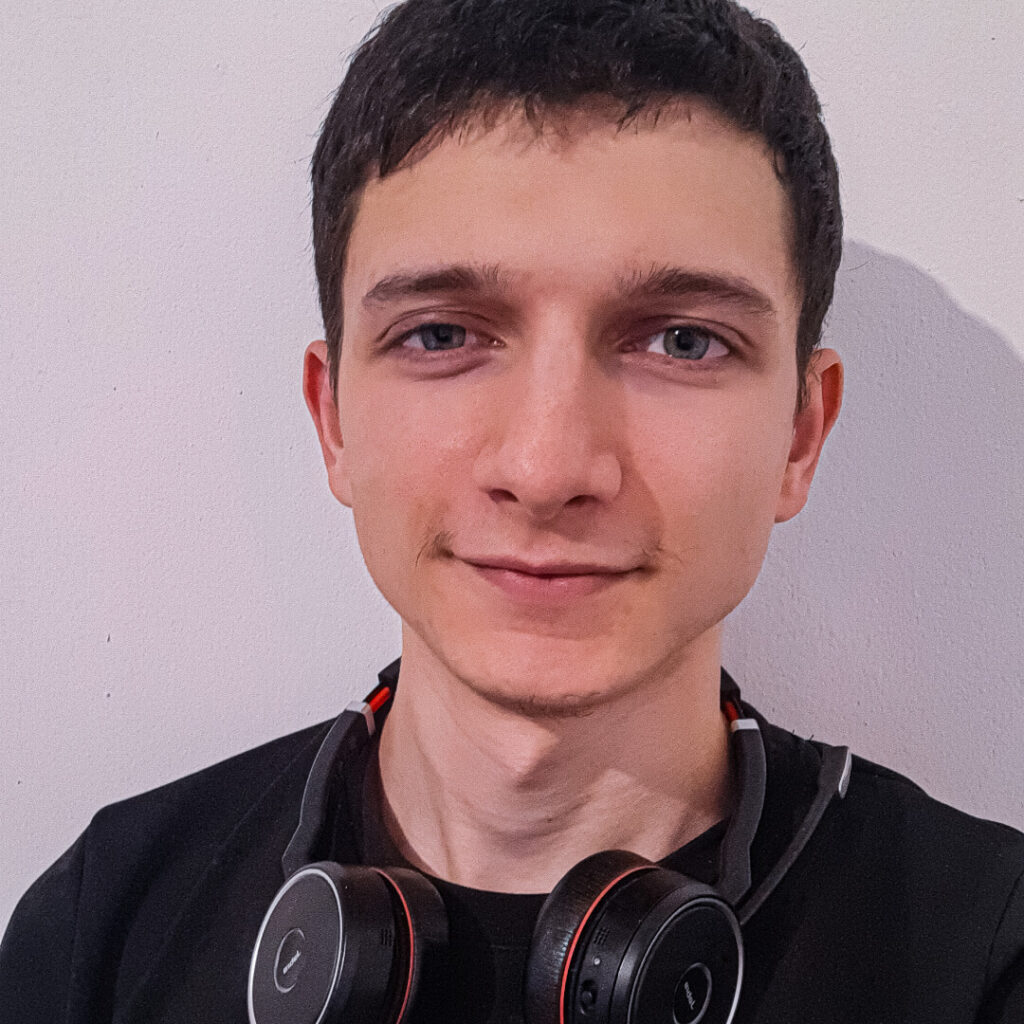Written by:
Samy Madani

Samy Madani
Founder & CEOHi, I’m Samy Madani, the 24-year-old founder of Snap Mindset. Since 2019, I’ve immersed myself in blogging and content ...
Learn about our editorial process
active
is someone in your life draining your energy or making you feel unappreciated? Discover the 6 signs of fake friends and learn how to protect yourself from toxic relationships.
Have you ever felt drained or unappreciated by a friend? Recognizing the signs of fake friends is essential for protecting your emotional well-being.
Some friendships can leave you feeling worse about yourself, and it’s important to spot these toxic connections.
In this post, we’ll explore the 6 signs of fake friends and how to identify them, so you can focus on building healthier, more supportive relationships.

To recognize fake friends, you need to be aware of certain behaviors. Do you think someone in your circle might be a fake friend? Pay attention to these common signs:
They often cancel plans or break promises without a second thought. When you need them the most, they are nowhere to be found.
Fake friends show up only when it benefits them, and they are rarely reliable when it counts.
A true friendship is built on mutual effort. But with fake friends, you always seem to be the one doing the heavy lifting. Whether it’s lending a helping hand or being the listener, fake friends take and rarely give.
After spending time with them, you feel drained or upset. Fake friends tend to bring negativity into your life, leaving you feeling emotionally exhausted. They often share drama and problems, which affect your mood and energy.
When you talk about your life or feelings, they barely listen. A fake friend will show little to no interest in your personal stories or challenges. Conversations are all about them, and your experiences seem insignificant to them.
Their so-called “jokes” are actually digs at your self-esteem. You often hear remarks like, “You’re lucky to be so skinny, I wish I had your metabolism,” or “That haircut makes you look older.” These comments are meant to make you feel bad about yourself.
Fake friends often try to manipulate or control you. They use clever wording to guilt-trip you into doing things for them. Over time, you may feel like you’re losing control of the friendship, as their needs and demands take center stage.
Fake friends are people who pretend to be your allies, but their motives are far from genuine. They wear a friendly mask but act selfishly behind it.
Whether it’s the superficial person who talks negatively behind your back or the “energy vampire” who drains you emotionally, fake friends lack the honesty and respect that characterize true friendships.
Understanding the difference between a true and a fake friend is crucial. True friendships are grounded in mutual respect, trust, and support.
Here’s what real friendships look like:
In contrast, fake friends rarely show these qualities. They are unreliable, disrespectful, and untrustworthy.
Fake friends may not always be obvious, but certain behaviors stand out. They are only loyal when it serves their interests.
Fake friends may talk badly about you behind your back, manipulate you to get what they want, or abandon you when it’s no longer convenient.
Their focus is often on their own needs, not on nurturing a healthy relationship with you.
So, why do we often let fake friends into our lives? It’s a combination of the desire for connection and a tendency to overlook red flags. Humans are social creatures, and we instinctively seek belonging.
In the early stages of a friendship, we tend to highlight the good qualities and ignore the warning signs. There’s also the “positive halo effect,” where we perceive someone’s good traits and ignore the negative ones.
This effect is particularly strong at the start of a friendship, making it easy to overlook manipulation or dishonesty. Low self-esteem can also make us cling to relationships, even when they aren’t healthy.
We might hope that these friends will offer us validation, even if their behavior shows otherwise. Plus, if we’ve been hurt in the past, we might unknowingly repeat these patterns, even in future friendships.
Dealing with fake friends isn’t easy, but it’s necessary for your emotional well-being.
Here are some steps to take if you have a fake friend in your life:
If all attempts at improvement fail, it may be time to cut ties with a fake friend.
Here’s how you can do it:
True friends enrich our lives, and fake friends only bring stress and heartache. It’s important to recognize the signs of a fake friend early on and take steps to protect yourself.
By understanding the difference between healthy and toxic friendships, you can surround yourself with people who genuinely care about your well-being and happiness.
We are committed to providing our readers with high-quality, accurate, and informative content. Read more about our Editorial Standards.